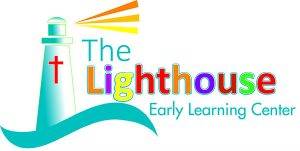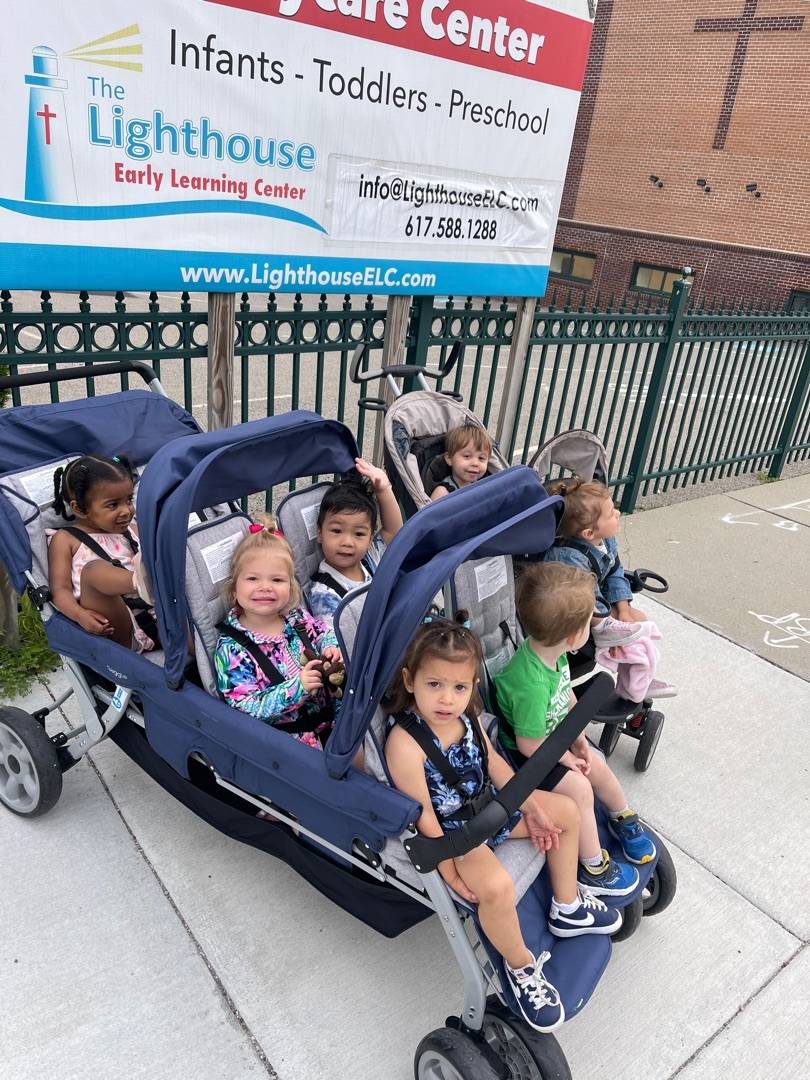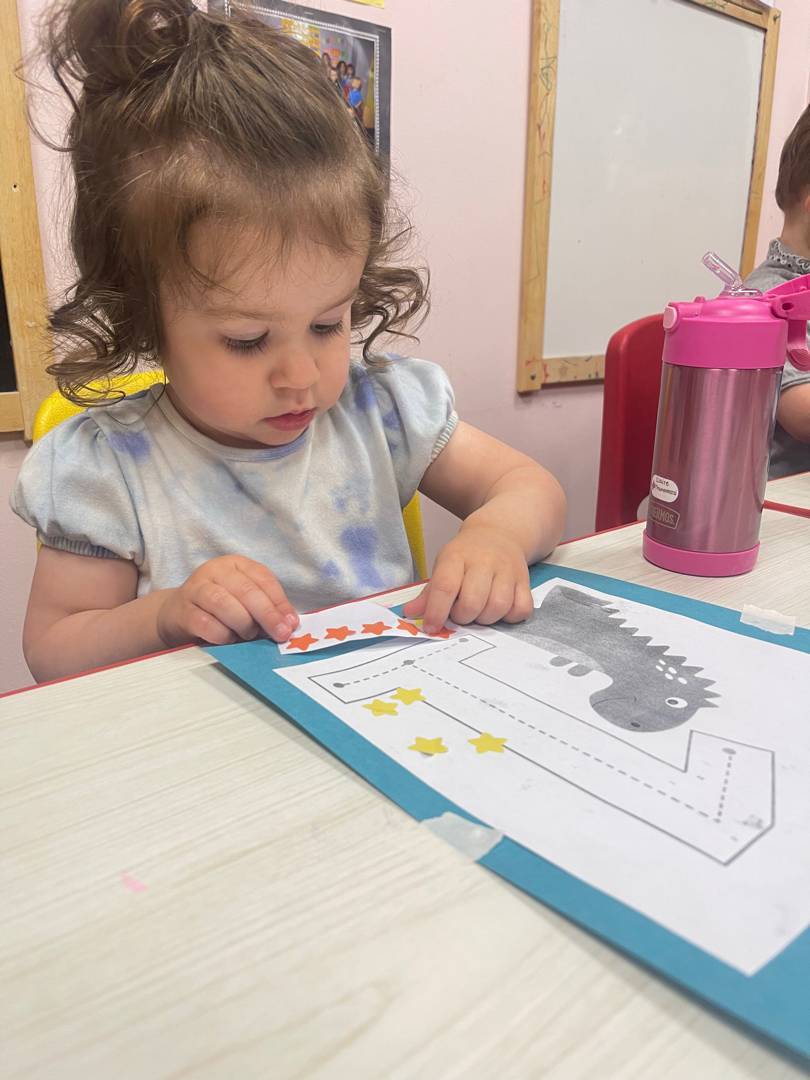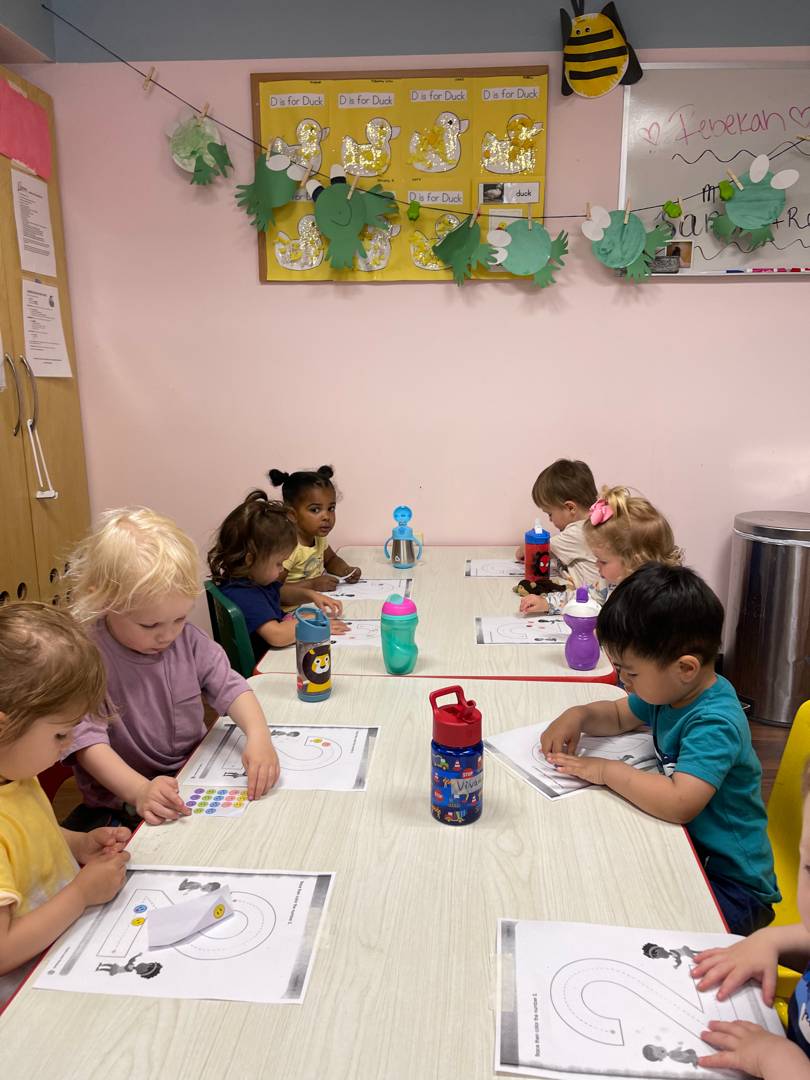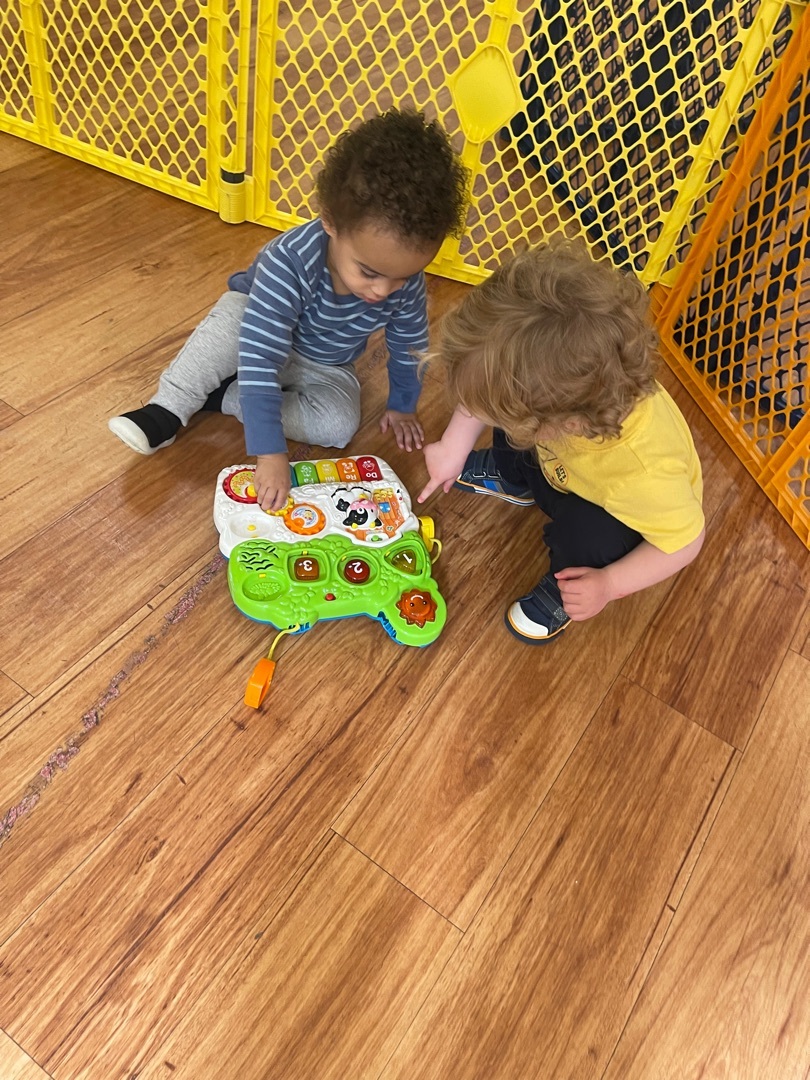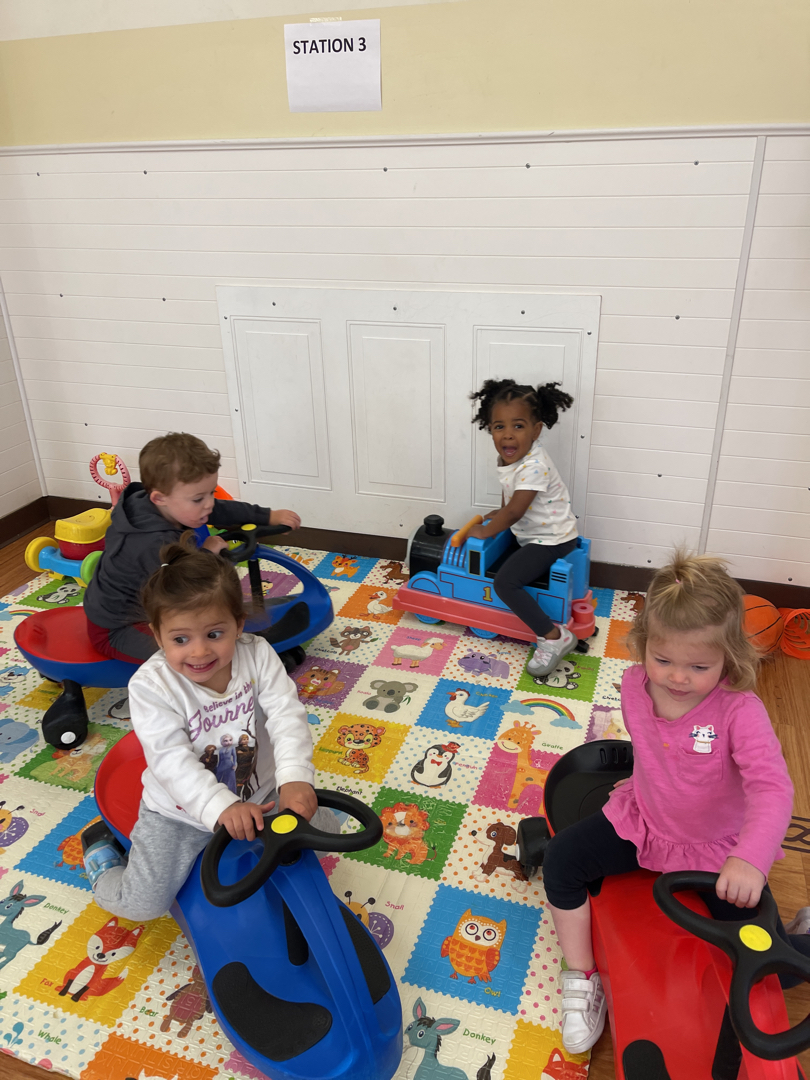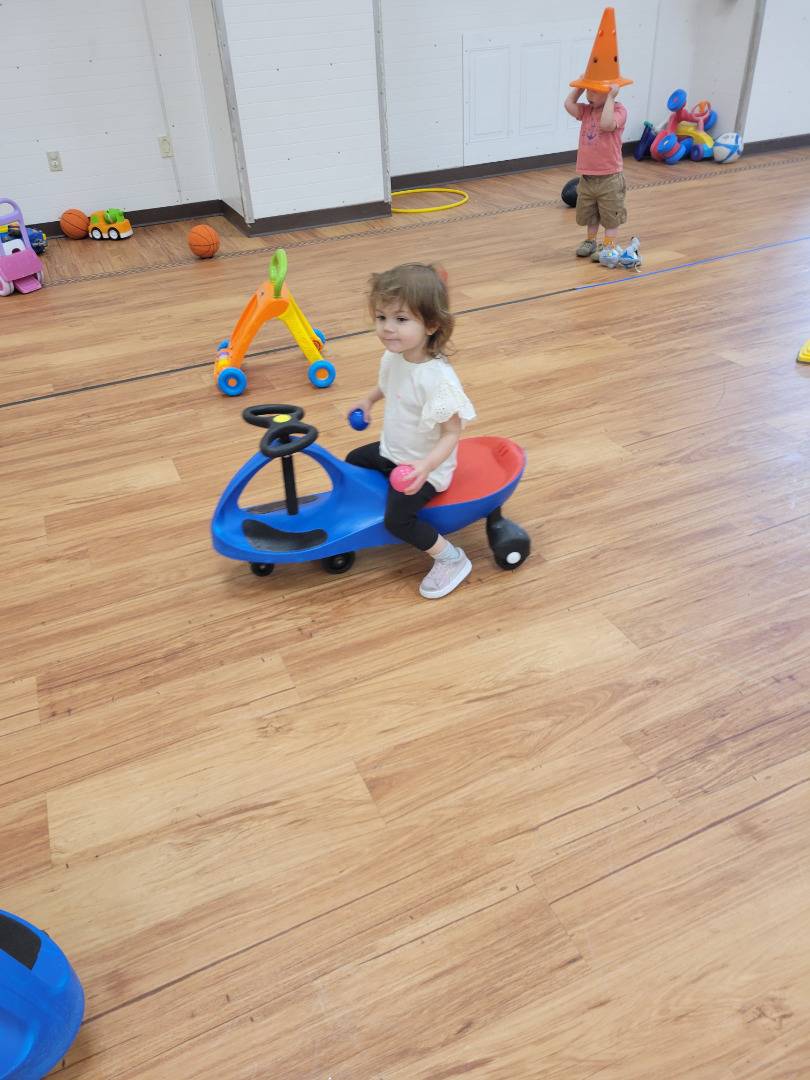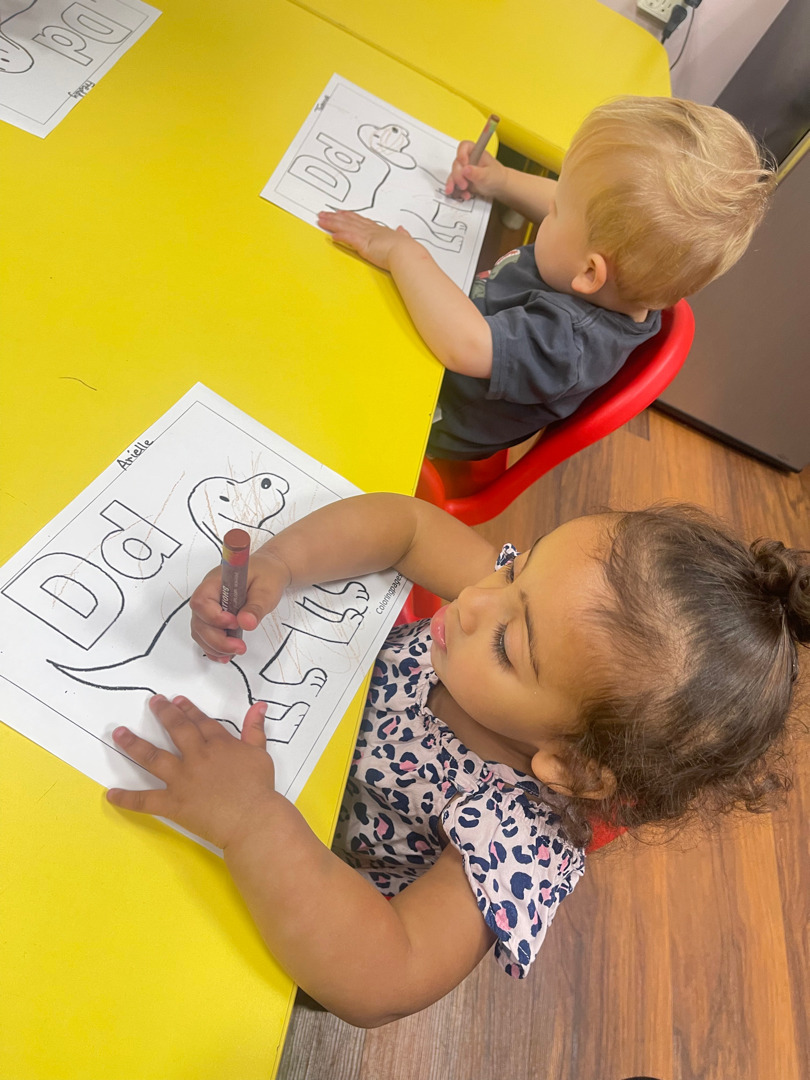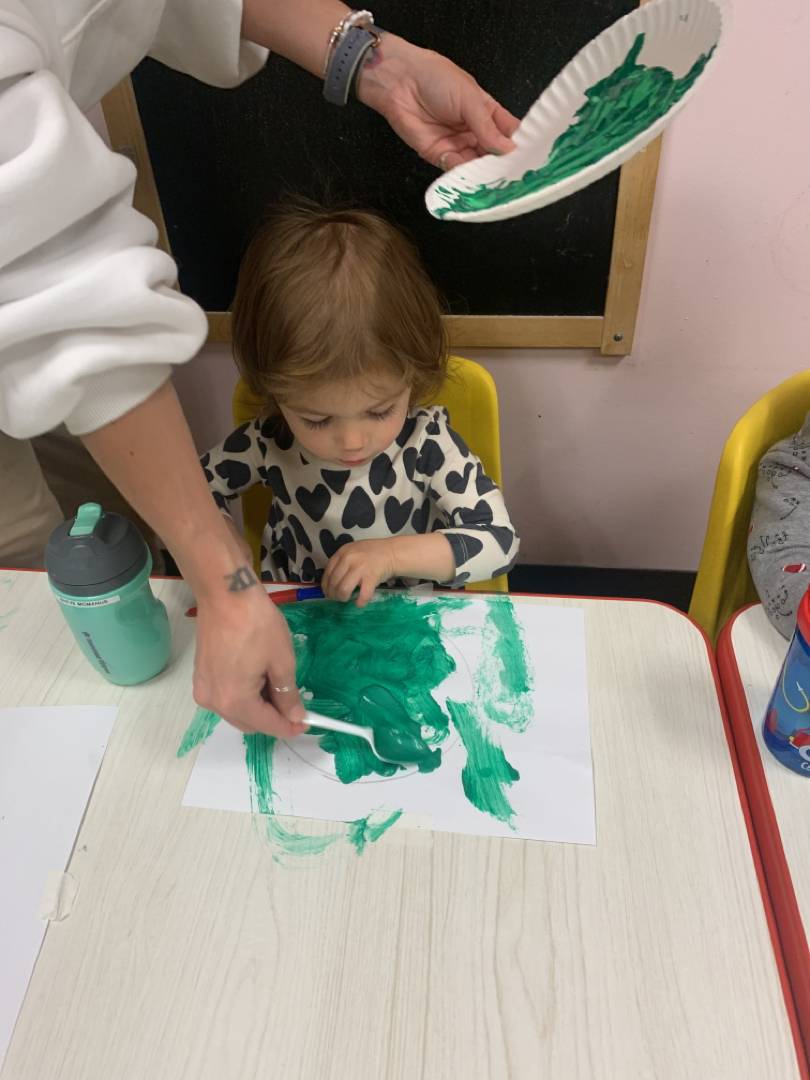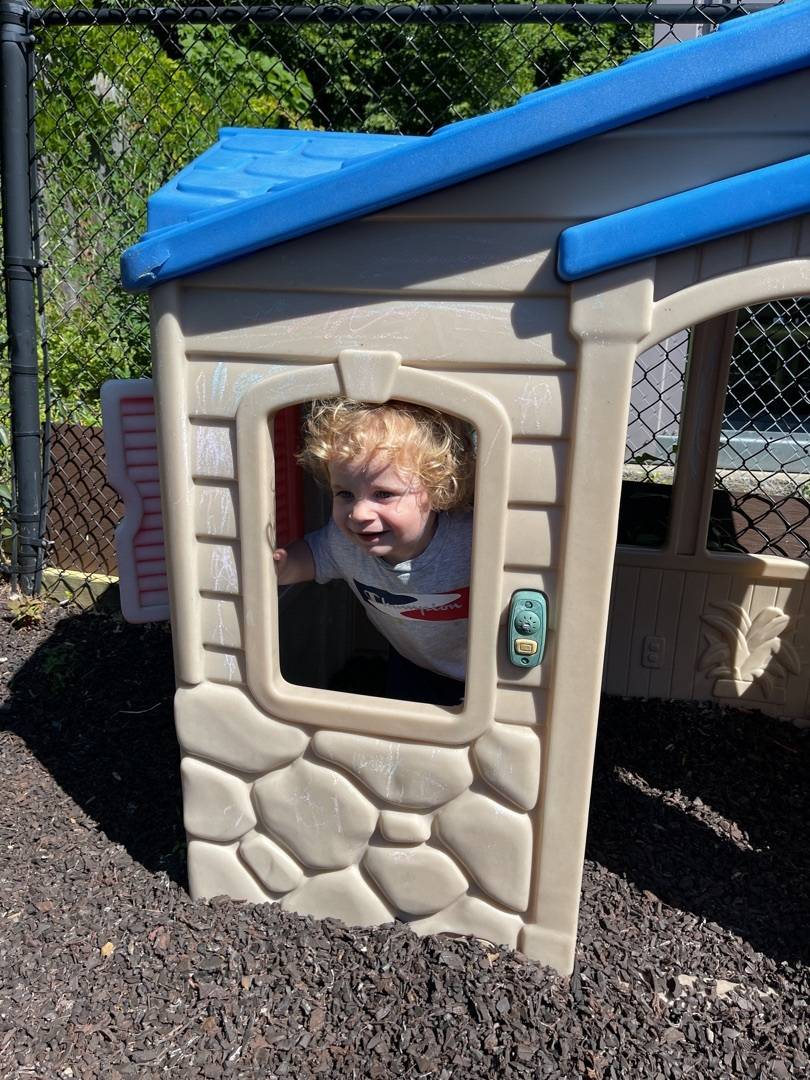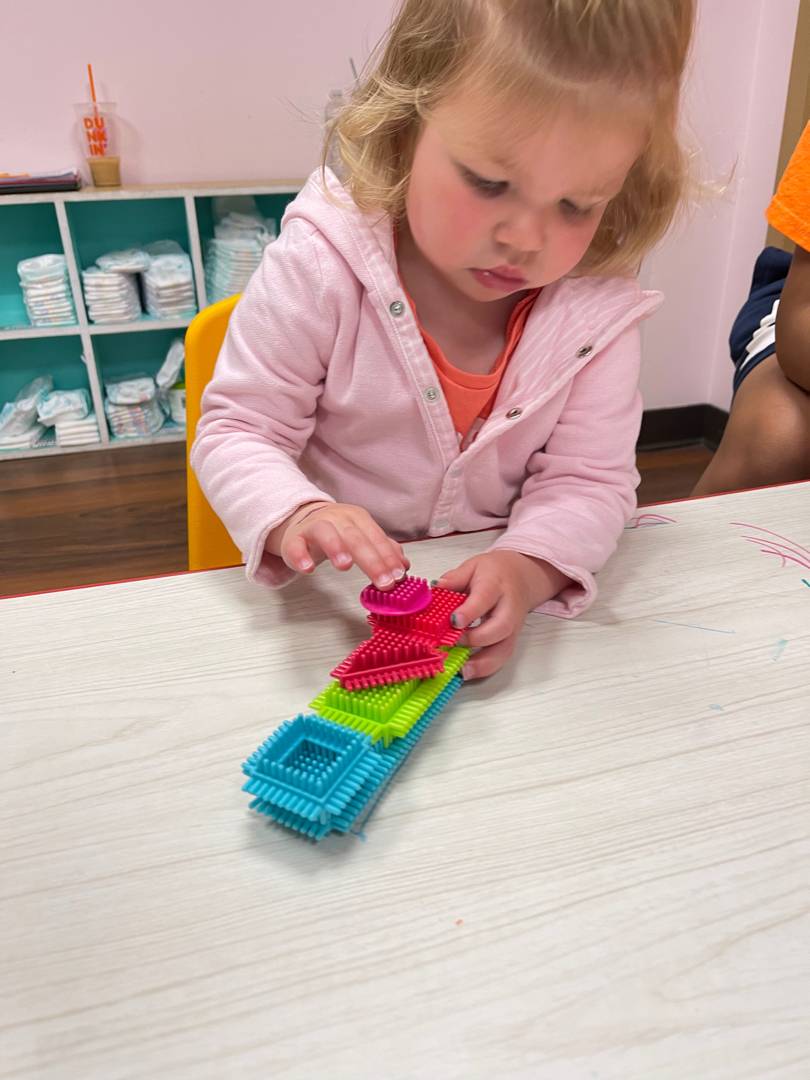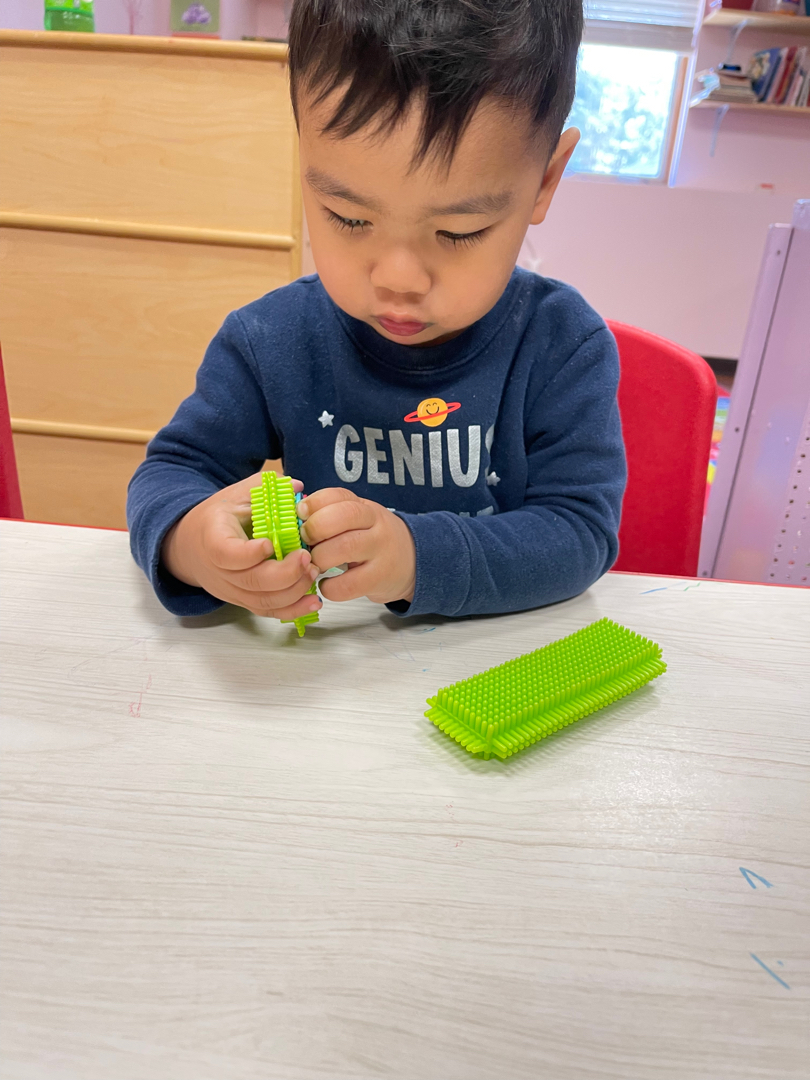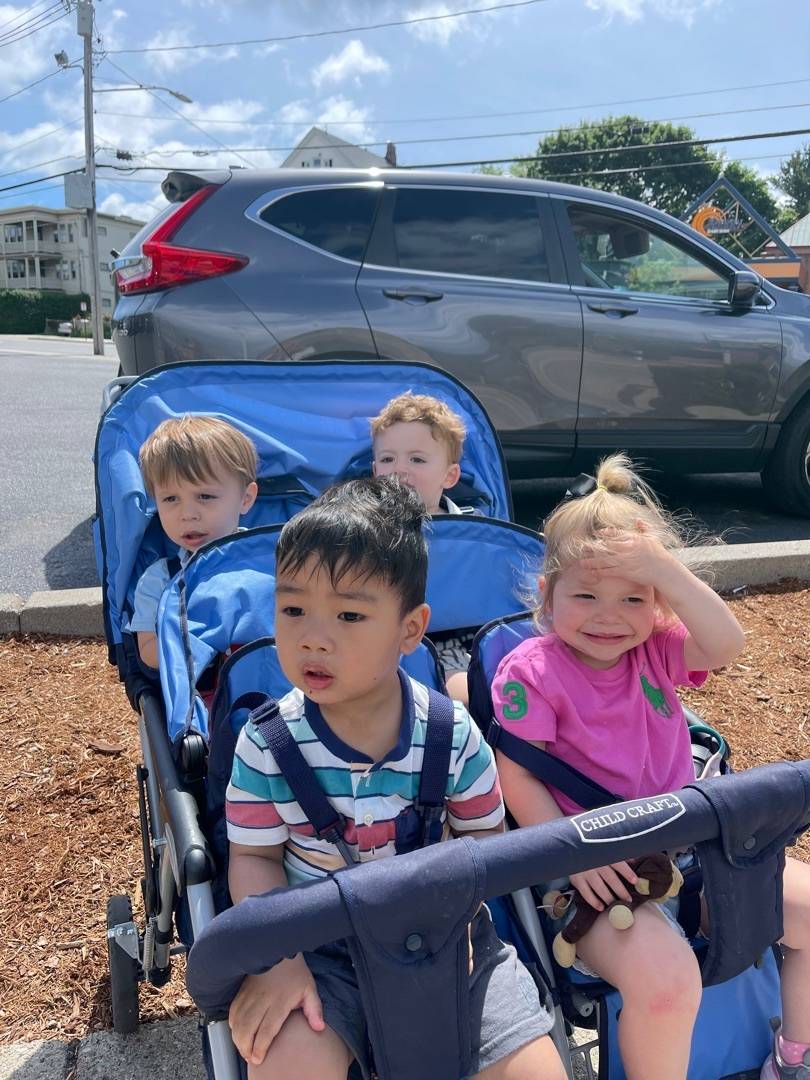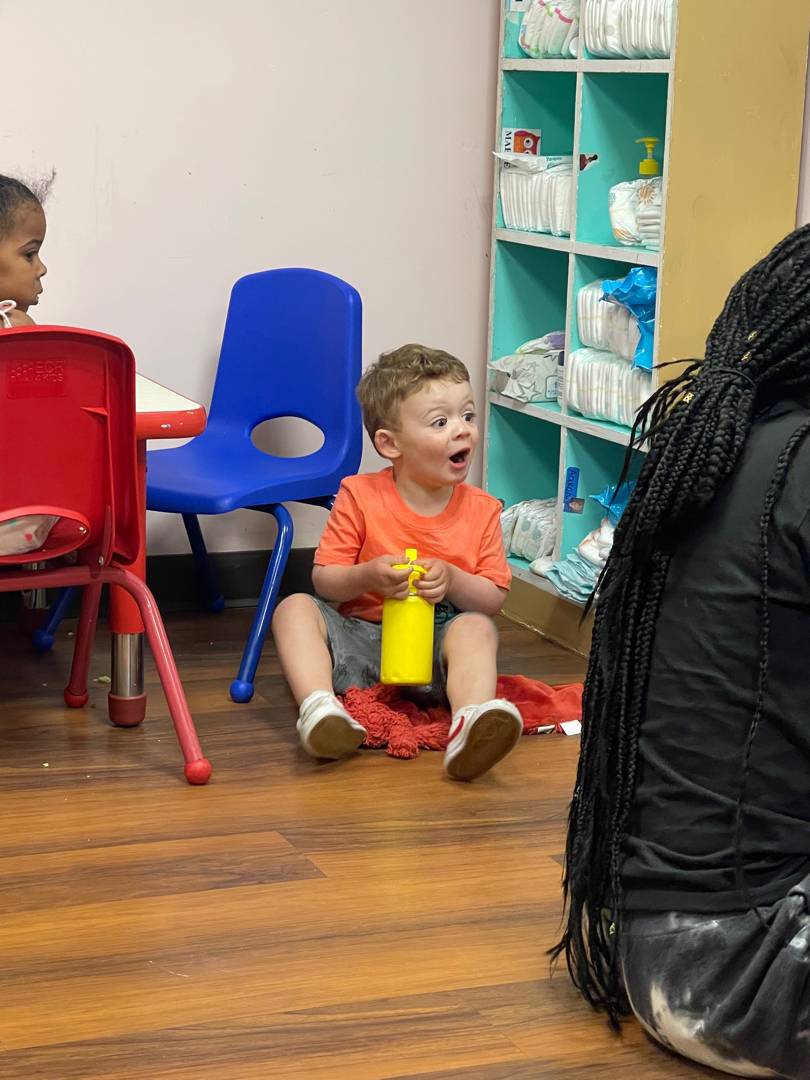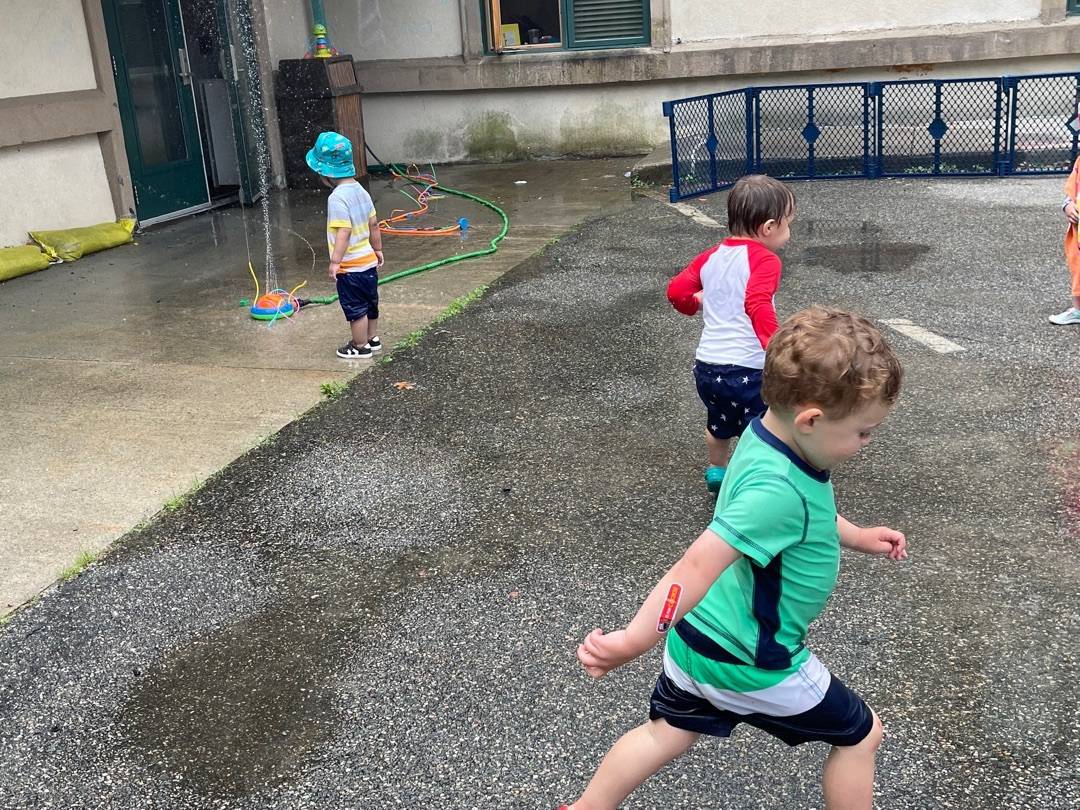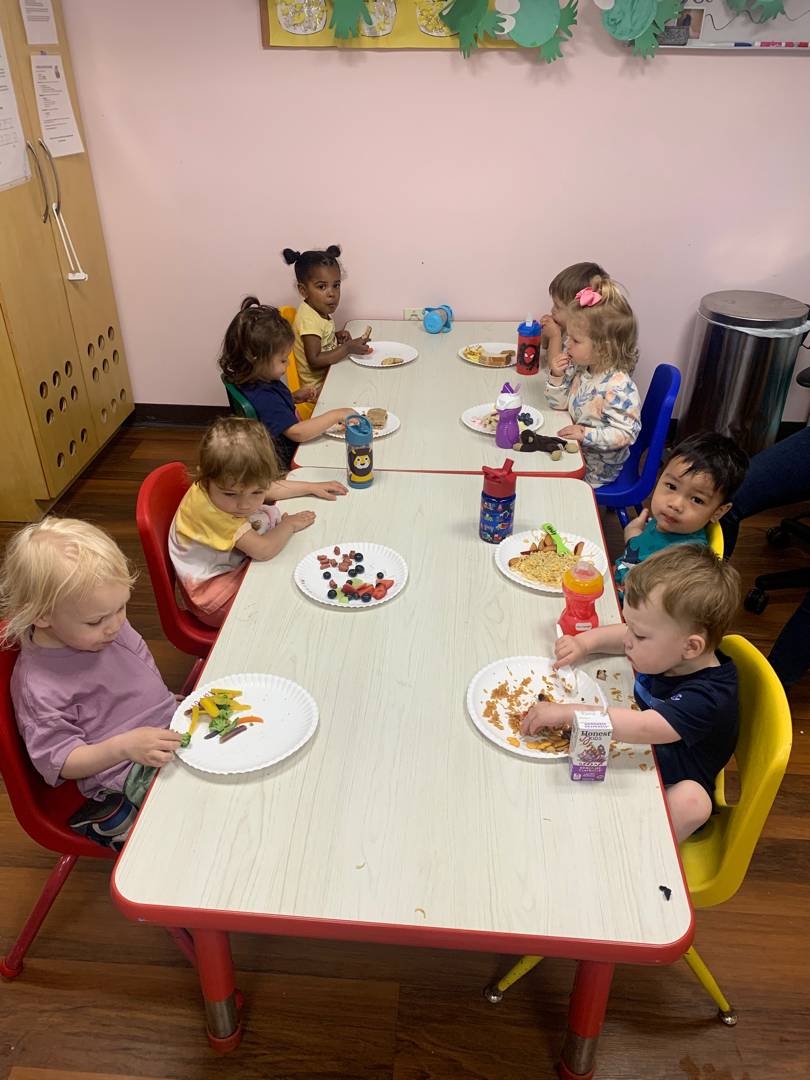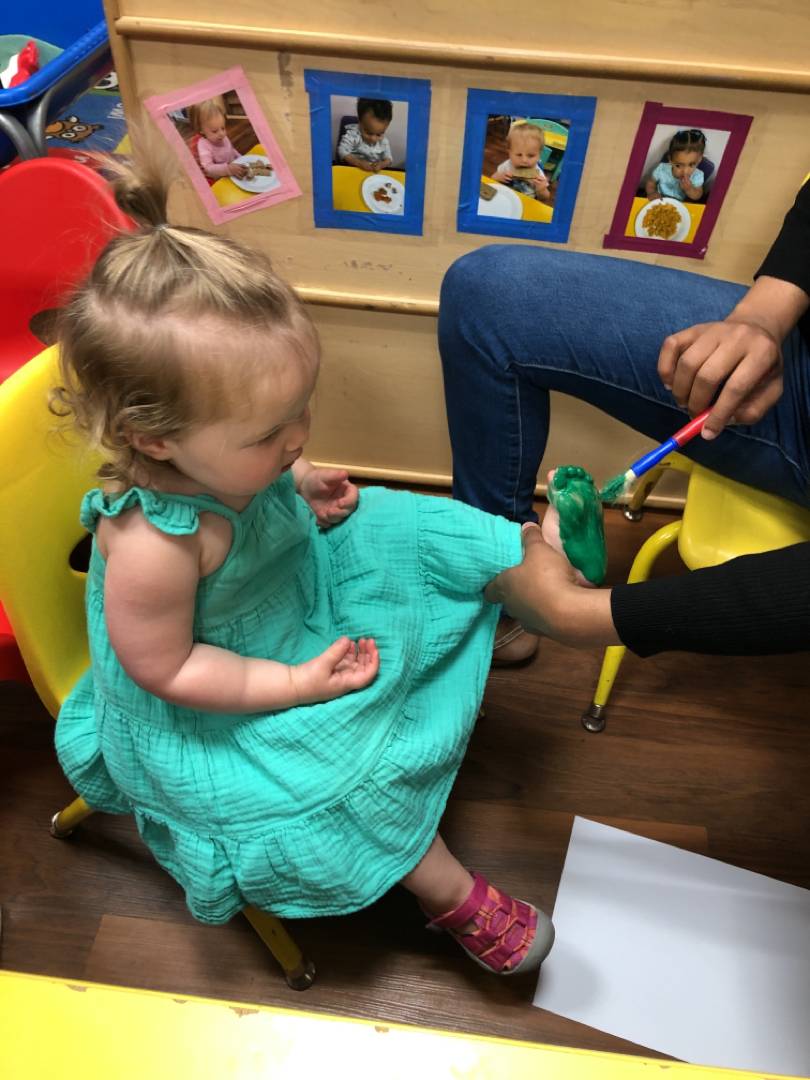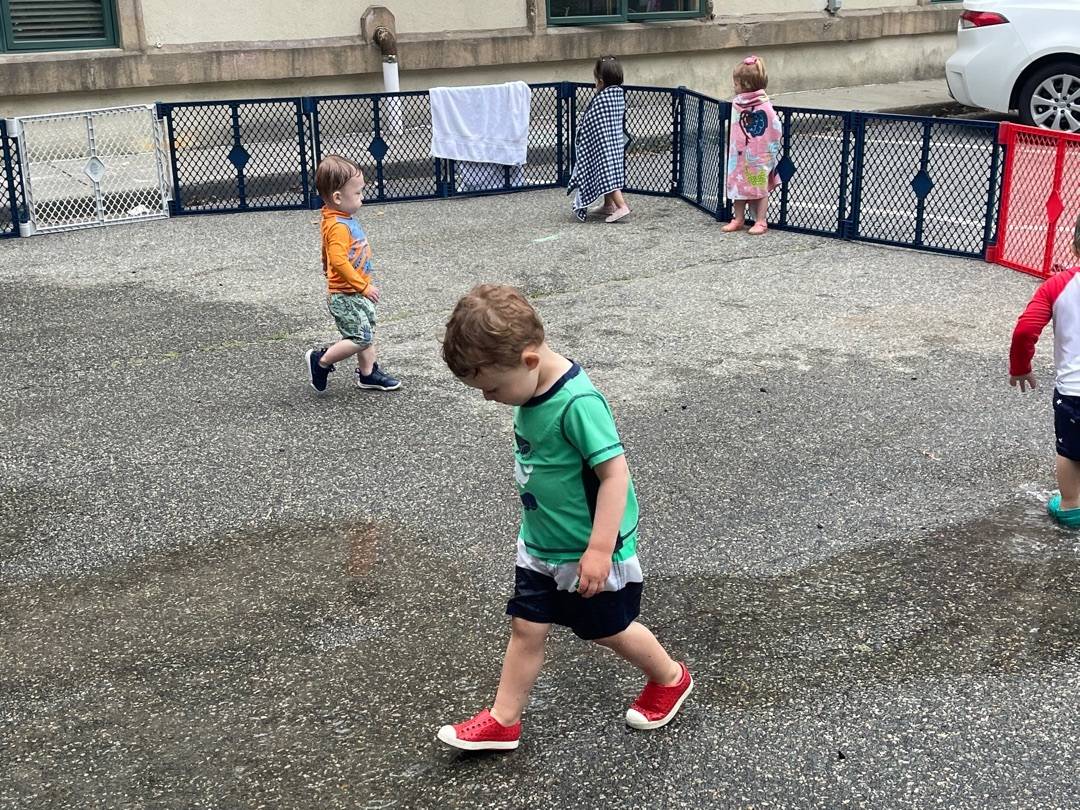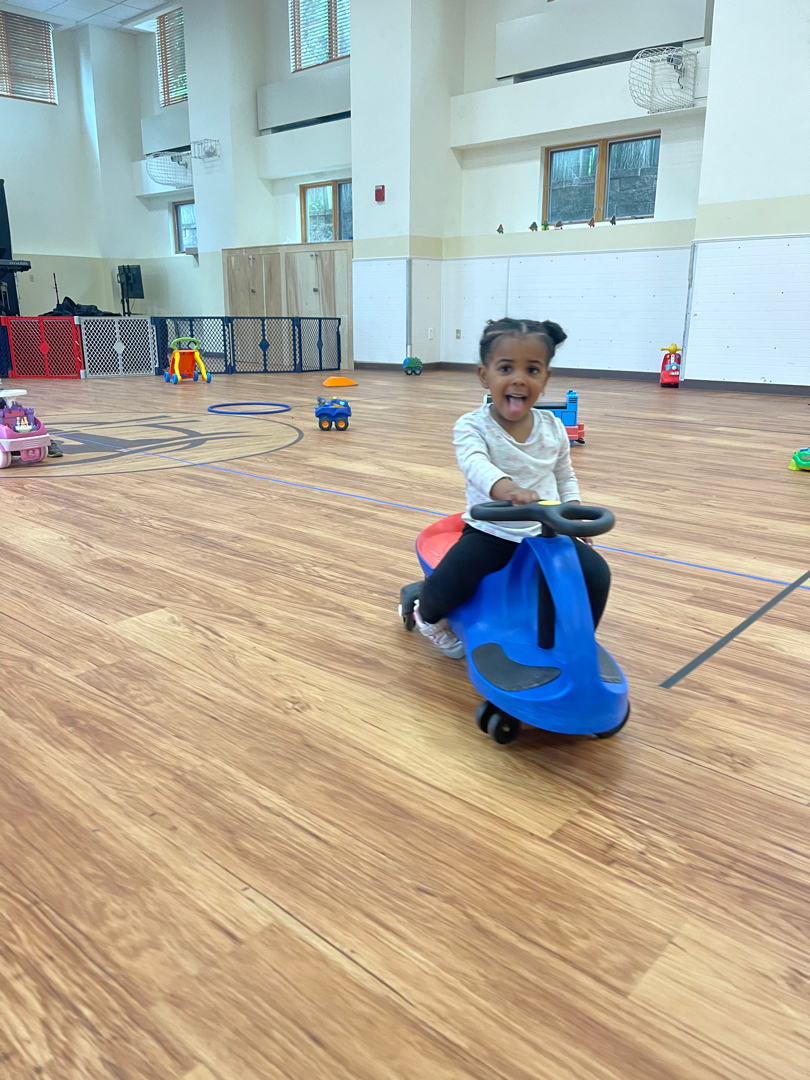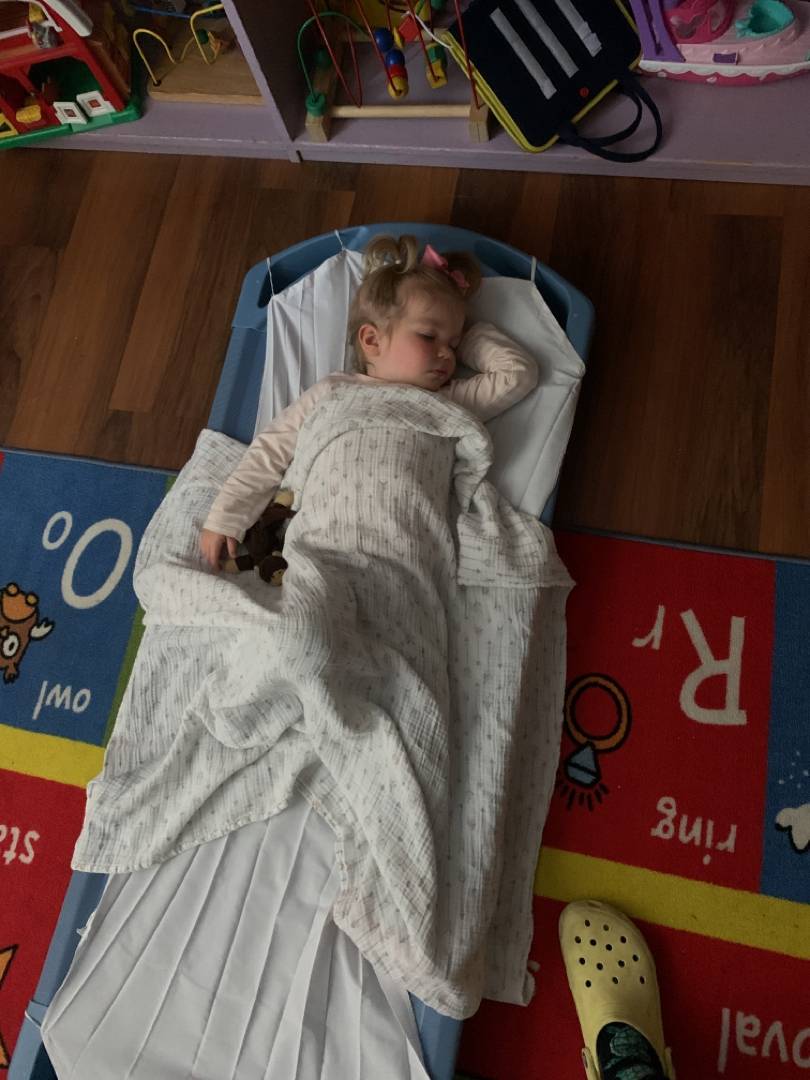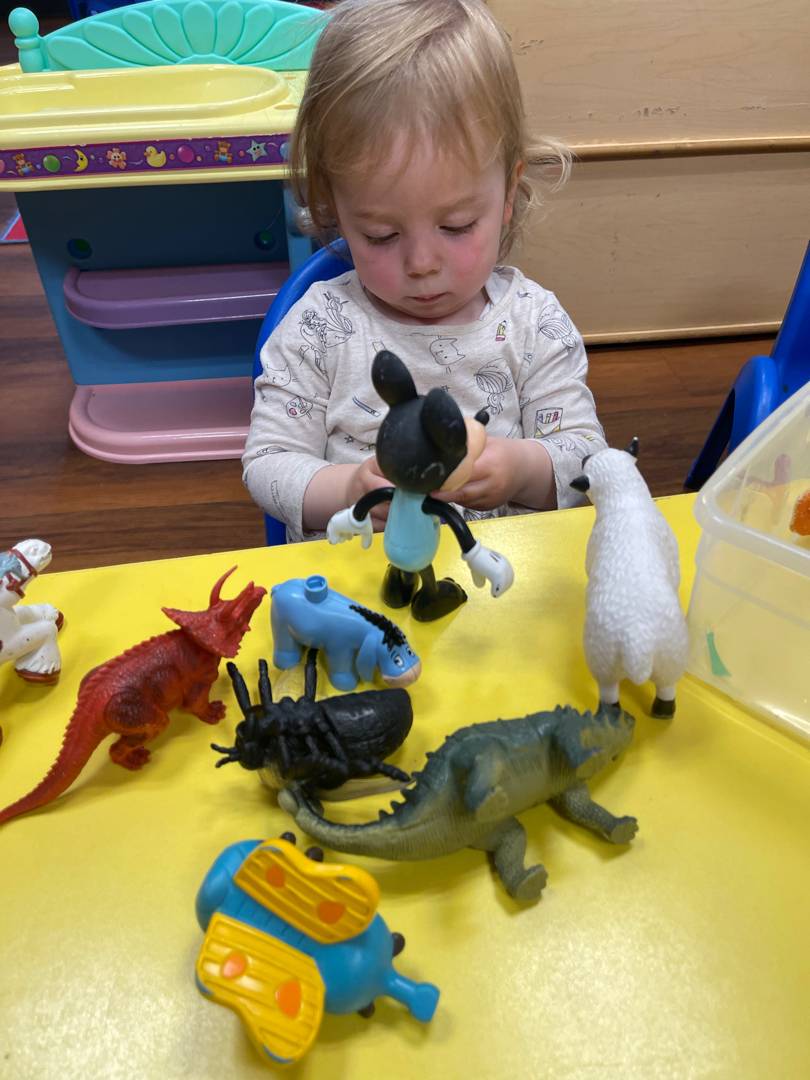About
Lighthouse ELC believes that early childhood should be a time of fun, warmth, security, exploration, and discovery. Children in their early years are creative and receptive and our program strives to nurture these qualities in each student.
Quick Links
Contact Info
- 222 Spring Street, W. Roxbury, MA 02132 entrance in the rear of church building
- Monday- Friday: 8:00AM – 5:00PM
- tel: (617)588-1288
- email: info@LighthouseELC.com
Join us now
Want to get more information about our daycare center or would like to see it inside?
Feel free to schedule a tour today. We look forward to meeting you!
Proudly powered by © paleq
All rights reserved
